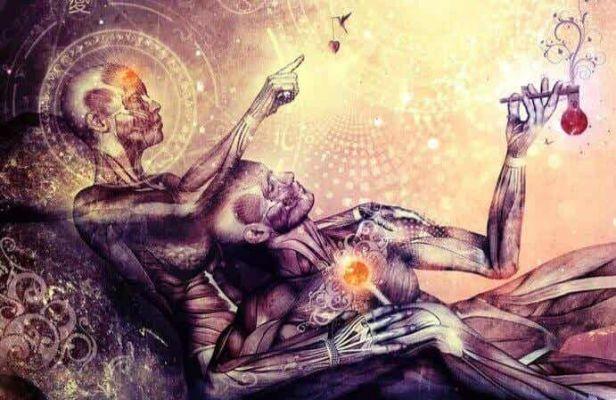
Last update: January 26, 2017
As we mature, many of our beliefs evolve - including our perspective on love, among them all. To mature implies understanding love in a different, deeper and, sometimes, simpler way. Mature love responds to an intense need that requires a long period of growth to be satisfied.
Each of us has our own concept relating to the meaning of love, which is fundamental since it reflects everything we seek in a relationship. In shaping our perception of love, personal preconceptions and beliefs play a fundamental role.
There are two types of love: on the one hand, the adult or conjugal love described as a loving friendship that includes affection, trust, respect, loyalty and intimate knowledge; on the other hand, passionate or infantile love which consists of a wild emotional state, in which the confusion of feelings and emotions such as tenderness, sexuality, joy, pain, anxiety and jealousy reigns. Studies say that this type of love can last from 6 to 30 months, sometimes with the possibility of recurring.
Time is the infallible element that allows us to see with the eyes of the heart and appreciate what is authentic. It is with the passage of time that experiences bring us closer to adult love, making us free to express our feelings and finding the ability to recognize the deepest states of the soul of the other by learning to look through his eyes.
"Love is the knowledge of the you through the self"
-Kierkegaard-
Adult love
A fundamental concept for adults and love is autonomy. It may seem a contradiction to associate the union of two souls with the idea of autonomy, however, the latter cannot be separated from the concept of self-esteem. Self-employed individuals know that no one is in the world to meet their needs: they know that no matter how much love and understanding exists between two people, each is ultimately responsible for himself, each is responsible for his own happiness.
As we mature we learn to give a correct value to everything we live, appreciating the essence of the other and accepting him in his virtues and defects. Adult love teaches life lessons, allows us to understand the essence of the other person. Selfish and infantile love, on the other hand, seeks to hurt, chain a person or take them away from the place they belong to.
The act of loving satisfies an anxiety, the desire to offer tenderness. On the contrary, being loved responds to another need: the individual need to be loved and appreciated. If loving represents a kind of personal fulfillment, being loved is the consequent reward. The principles according to which we choose a partner are based on the interaction between a person's characteristics and our ability to appreciate those qualities.
Loving and being loved isn't the only pleasure in a mature relationship: there is also satisfaction in protecting, helping and guiding the other, feeling at the same time a feeling of trust and security.
Maturing is the ability to bear uncertainty.
Why do we live as a couple?
In the last 10 years, we have tried to trace the profile of a normal development of love from adolescence to maturity, which has led to highlighting a typical development process. It was possible to observe how in the transition to maturity we tend to engage seriously in the important aspects of life, like love, untying us from previous influences.
This is the phase in which we feel most prepared to engage in an intimate relationship with another person, to formalize the union, to live together, to enter into marriage. People come together following a need for security and self-affirmation linked to the act of leaving the maternal home, as well as driven by the need to achieve a vital goal such as that of loving and being loved.
Most relationship problems usually result from rigid romantic needs related to love and the couple, which are however very distant from the concepts of maturity and objectivity. Such distorted ideas of passionate or childish love can cause even couples who complement each other to stagger.
Ultimately, adult love feeds on shared experiences and does not give in in the face of any internal conflicts and dangers. The true wisdom of love has its roots in its own ability to evolve, regardless of the infiltrations and wounds typical of emotional relationships.
To exist means to change, to change means to mature, to mature is to create oneself.


























